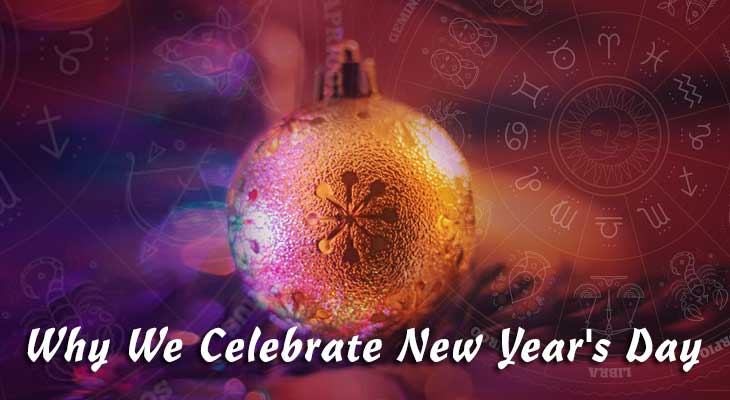Why We Celebrate New Year’s Day
Going to the very beginnings, like in pre-Christian Rome beneath the Julian calendar, Caesar dedicated 1st January, the first day of the yr to honor Janus, the Roman god of beginnings, whose two faces allowed him to appear again into the previous and ahead into the future. Sacrifices have been offered to Janus, items were exchanged with one another, houses embellished with laurel branches and raucous parties have been attended.
Almost universally, New Year Celebrations commonly begin on the evening of December 31 – New Year’s Eve and go on till the wee hours of January 1st dawn. The good-luck rituals that are woven into the traditions, however, range round the world. People In Spain and numerous other Spanish-speaking countries gulp down a dozen grapes-symbolizing their hopes for the months ahead-right before midnight. New Year dishes characteristic lentils in Italy and black-eyed peas in the southern United States due to the fact they are notion to resemble cash and herald future monetary success. Since pigs characterize growth and prosperity in some cultures in Cuba, Austria, Hungary, Portugal, they show up on the New Year’s Eve table. Ring-shaped desserts and pastries dominate the feast in the Netherlands, Mexico, Greece and some other place for the reason that they put out a sign that comes out as a full circle. Sweden and Norway serve rice pudding with an almond hidden inside. The pronouncing goes that whoever finds the nut can assume 12 months of suitable fortune. The Japanese bid farewell to their problems of the previous year and put together for a better one by using maintaining the New Year’s Bonenkai (forget-the-year parties). Grudges are set aside and arguments and misjudgments are supposed to be resolved. Houses are scrubbed to maintain out the bad vibes and bring in the suitable ones. Watching fireworks and singing songs, such as the ever-popular “Auld Lang Syne” are the common global customs to herald the New Year.
The symbolism of New Year
One 2nd previous midnight this year, the day adjustments from Tuesday to Wednesday. A very ordinary transition that takes place each day of our lives like a transition from a 2d to a second, an hour to an hour, day to a day or month to a month. But, unlike this, is the transition from one year to the next. We connect a specific variety of area of expertise to this. This invariably unique tick of the clock has always advised us to rejoice and to step outdoor the mundanes of our day to reflect, take stock, verify and resolve to do better. No different moment, without possibly for birthdays, receives this sort of interest in a year. It is the most celebrated public holiday in the world and on the whole heralded with fireworks at the stroke of nighttime as the New Year starts off evolved in each time zone.
Why such heavy symbolism connected to the New Year? In us, lies something appreciably meaningful and essential that we do now not simply make investments our energy and assets in the celebrations however additionally in our efforts to make and preserve up with a clean set of resolutions, no count how many times we fail to stick through it in the past. The effective motivation that we unconsciously connect to this second is the motivation to survive. We come to realise that we have made it through every other 365 days. It is certainly high time that we raised our glasses and toasted our survival. The profoundness of making it past any other 365 days will perpetually sink in with a mild look at the year-end obituary summaries of those who did no longer make it.
What’s different about the resolutions?
Along with traditions, the practice of making and retaining up with resolutions also started. This can be traced again to the time of the ancient Babylonians, who made promises to earn the choose of the Gods. They are in basic terms the ordinary human wish to have some manage over the future that lies beforehand which is unstintingly unknowable. We get to the bottom of to weight-reduction plan and exercise, to end smoking, to begin saving. It does not count if we preserve to our resolve. It’s the feeling of committing to them, even for a moment, that offers us the feeling of extra manipulate over the uncertainty that lies ahead.
Resolutions additionally consist of matters like treating humans better, making new buddies and paying off debts. Back in history, the Babylonians would return borrowed objects. The Jews would seek and provide forgiveness. The Scots would go to neighbors to desire them well. Why all these social resolutions? It is indeed due to the fact of the innate wish in us as social animals to depend on others for our fitness and safety. Prayer too discovered a distinguished area in the list of resolutions. An all-powerful pressure used to be believed to maintain you protected with extra prayer.

